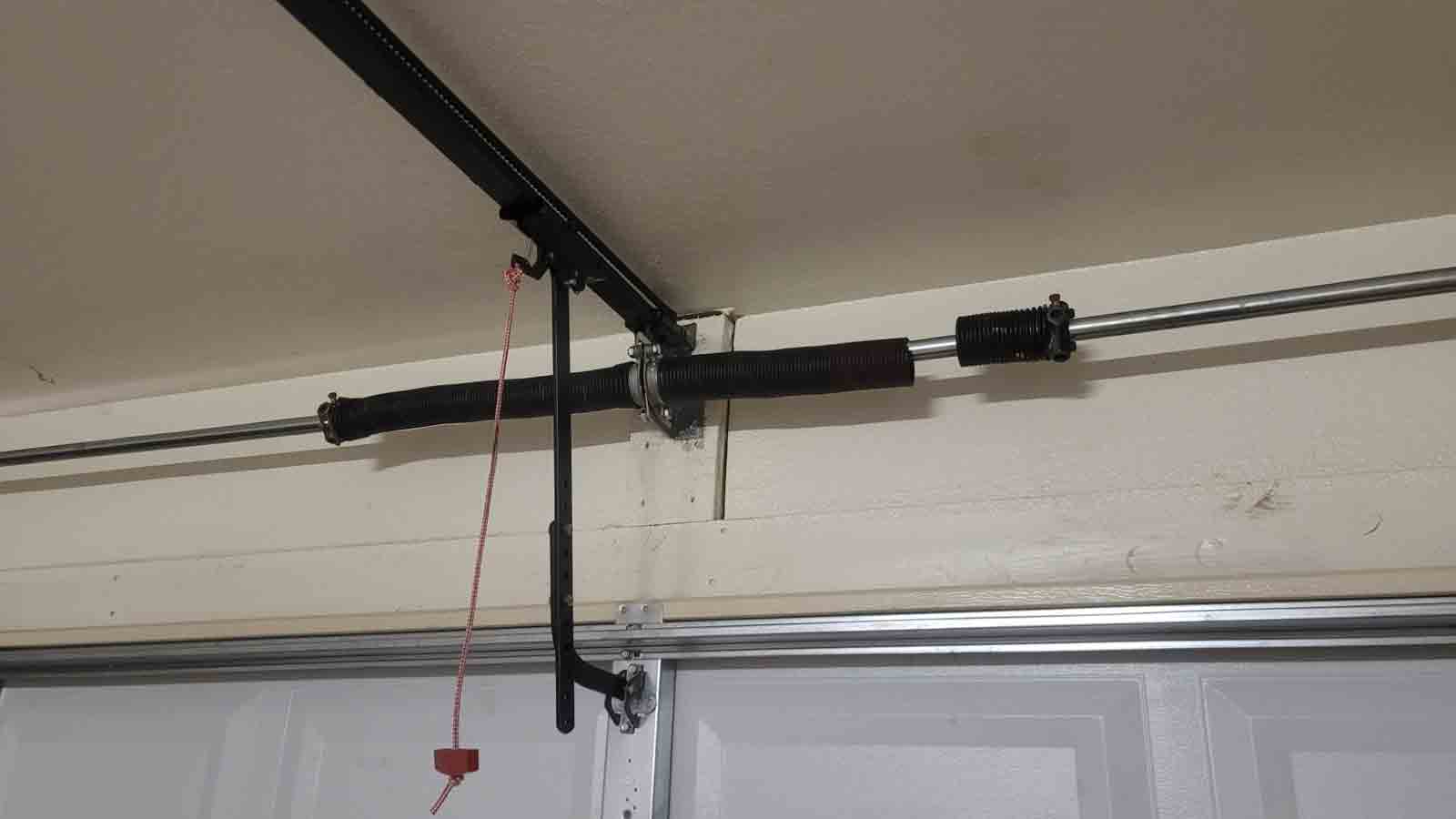Here’s how to crack down on crickets around the home
Aug 4, 2022, 3:00 PM

(Flickr Photo/Bernard DUPONT)
(Flickr Photo/Bernard DUPONT)
Crickets striking up a tune in the middle of the night can drive anyone mad.
Other than entertainment for the cat, there’s no benefit in allowing them to stay. In fact, their presence can do more harm than good.
The chirping of crickets can be annoying, but most importantly, crickets often attract their natural predators, such as scorpions. That is why eliminating them is important. They also cause damage if they munch on wallpaper glue, wool, and silk.
If your eye catches a hopper in your house, it may be tempting to quickly grab a can of bug killer and douse it. However, this will only be a solution for the one(s) you see. The unseen ones will simply hop along, avoiding the chemicals.
So, put down the Raid and find out where the crickets are hiding.
Crickets prefer small voids and crevices under appliances and other cool, moist spaces. Once located, use granular food bait to lure them out of hiding and eliminate them. Be sure to read all product warnings, especially for pet and toddler safety. If you want to avoid using insecticides, try sticky traps or create your own traps with jars containing water and molasses.
Block The Entry
Look for cracks or gaps around your house and seal them. This measure will deprive the crickets of potential entry points. Commonly missed areas are cracks located under the stucco, especially around corners. A small mirror is helpful for locating hard-to-see cracks. Sealing these gaps has the added benefit of stopping other pests such as scorpions from making their way inside.
Keep an eye out for any other potential zones a pest could worm themselves into. The roofline, plumbing, electrical outlets and overhanging tree branches are prime spots. Trim the branches. Inspect the perimeter of the window screens and the gaps under any doors leading outside – these pests will utilize any advantage.
Create barriers where insects would be able to get in/out of the sunlight. Eliminating their ability to hide and thrive in the shadows will naturally reduce the overall insect population.
In the Garden
If you use pesticides outside, including those labeled “organic,” be aware that they can harm the safe pollinators needed in our yards, as well as the “bad” bugs. If pesticides are necessary, choose the least toxic type and apply it during the evening when pollinators are not around.
For a natural solution, buy praying mantis and ladybug eggs from your local nursery. Once hatched, both of these natural predators will hunt crickets, as well as aphids, beetles, grasshoppers, mites and white flies, which can be just as bothersome.
Every creature has a purpose and a benefit (except cockroaches, why do they exist?). Crickets control the population of harmful garden bugs. Their waste can be beneficial to your garden. After they have finished eating, they produce fecal pellets that are easily decomposed back into the soil. This “gardeners gold” contains many nutrients and improves soil health. But if you don’t have a garden, then there is little benefit to keeping them around.
We may be vastly outnumbered by the sheer number of insects in the world, but with a little determination, planning, credible knowledge and awareness, we can limit their impact on our personal space. Remember, you are bigger and they don’t pay rent.









